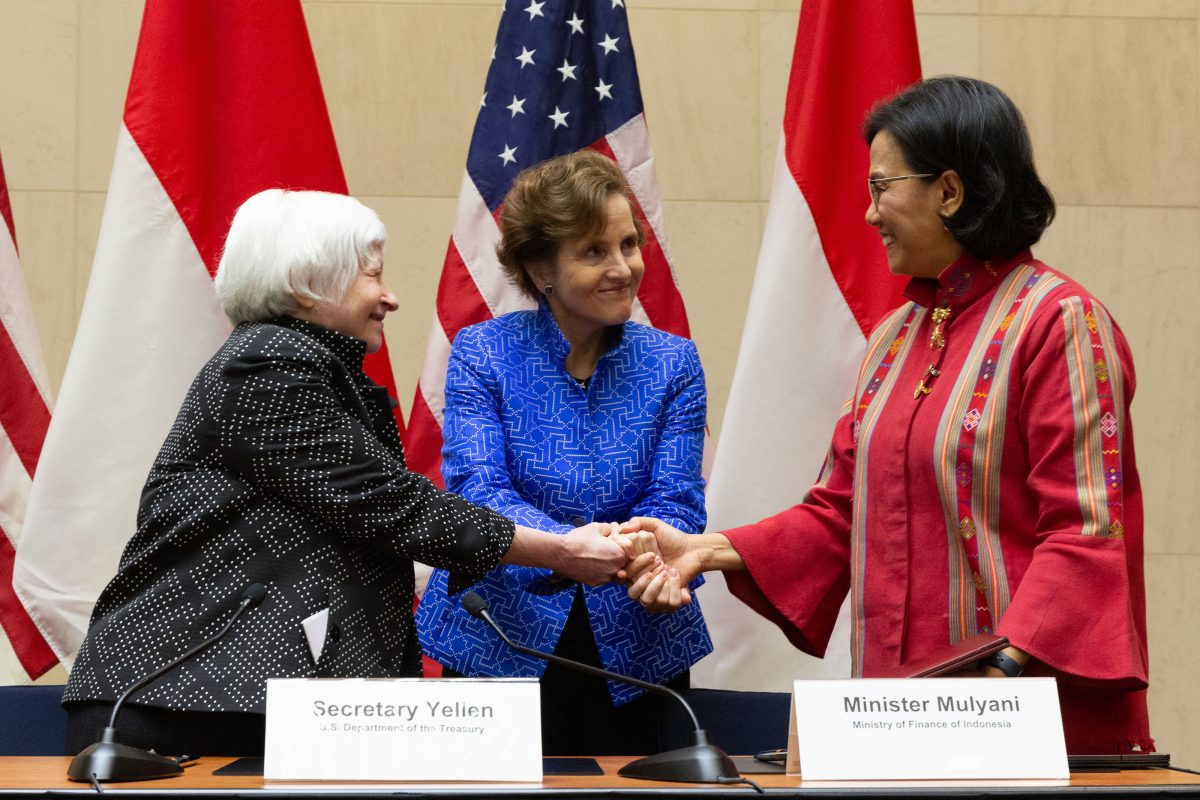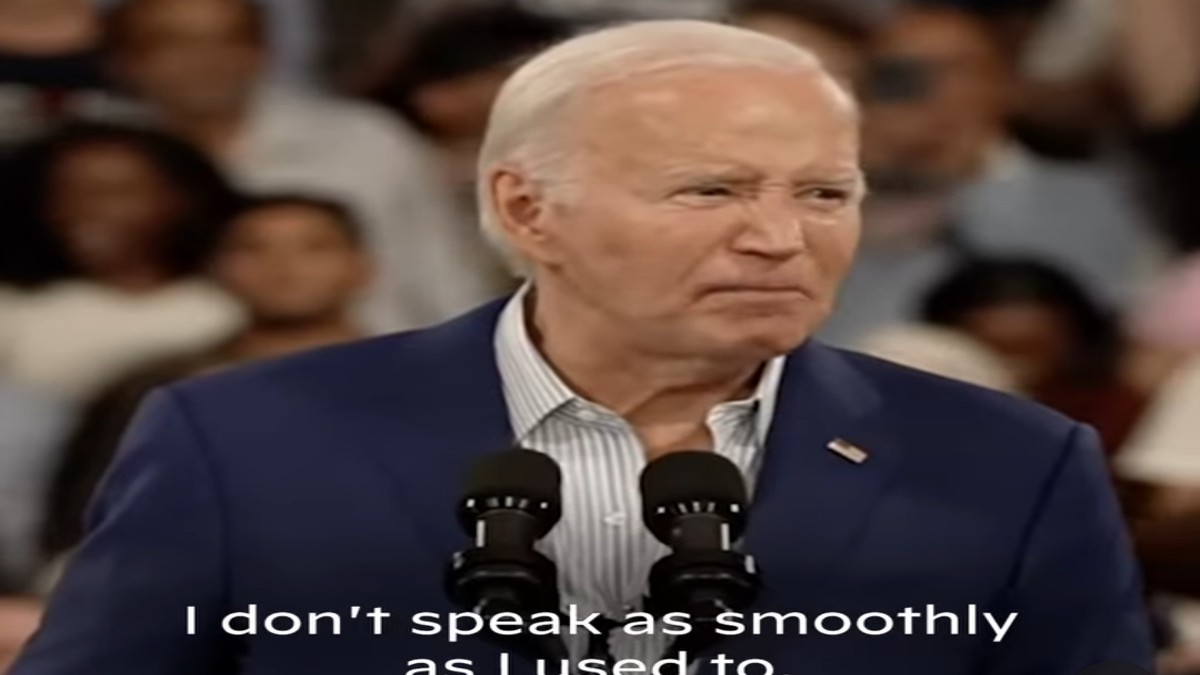Alright, folks, let’s talk Japan and Trump. The Bank of Japan’s Nagoya branch manager just dropped a sobering reality check. Apparently, despite all the saber-rattling about potential tariffs from the former President – and let’s be real, the possibility is STILL very much alive – automakers and parts suppliers in the region aren’t exactly panicking.

They’re not scrambling to reshuffle production lines or anything drastic. Instead, they’re… gathering info. Seriously? This feels a little like watching a train wreck in slow motion. They’re playing the waiting game, hoping for clarity. Honestly, a bit naive if you ask me.
This isn’t exactly a show of confidence, is it? It’s more of a ‘deer in headlights’ moment. It’s a delicate dance, especially for a sector so reliant on global trade. You almost have to admire the stoicism, even if it borders on delusional.
Let’s dive a little deeper into why tariffs are such a headache for the auto industry. Tariffs are essentially taxes on imported goods. For automakers, this means increased costs for materials and components sourced from abroad.
This increased cost can either be absorbed by the company, meaning lower profits, or passed on to the consumer, making cars more expensive. Both scenarios are less than ideal.
Furthermore, tariffs can disrupt complex, finely-tuned supply chains. Automakers often rely on just-in-time inventory management, which means they need a consistent and predictable flow of parts. Tariffs throw a wrench into that whole system.
Finally, it’s crucial to remember that tariffs aren’t isolated events; they often spark retaliatory measures from other countries, escalating trade tensions and creating broader economic uncertainty. It’s a mess, pure and simple.






